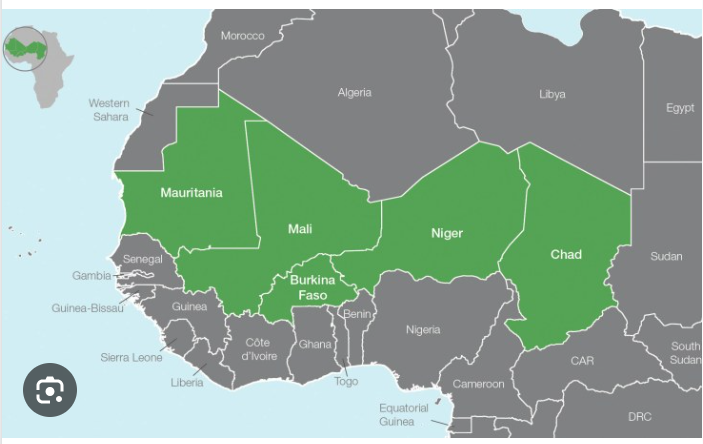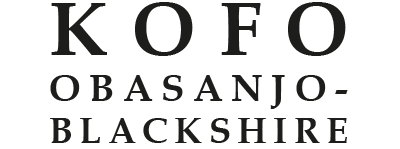The deadline is looming! Screamed the sensationalist headlines as the ultimatum issued to the Nigerien coup leaders arrived on Sunday the 6th of August. A whirlwind of coups in five African countries since 2020: Mali (2020 and 2021), Chad (2021), Sudan (2021), Burkina Faso (2022), and Guinea (2022) have marred the advancement of democracy in Africa with recent developments in Niger heightening the pattern of instability in Africa’s Sahel region, which is already in the grip of battles against insurgency, corruption and weak democratic governance.
Africa is not a country, therefore, broad assumptions and oversimplistic explanations can be problematic. No doubt there are commonalities that feature in each of these countries, and certain leading indicators point to susceptibility to coups including decline in rights, participation and inclusion as well as poor levels of transparency and accountability in politics. However, cultural, historical and political context matters.
The narrative about democratisation in Africa is anchored in the Western-style democratic model, with frequent elections. This model is not working in Africa and the youth are questioning the utility of this style of governance for African countries given its persistent failure to deliver. What people want are jobs, improved healthcare, education, electricity, better lives for themselves and their children- a social contract that grants them dignified and meaningful lives. This is why we have seen popular support for coup leaders. People reflect over the last ten years or more and see no improvement in their situation since adopting democracy. In time their jubilation turns into consternation with the realisation that the military do not know how to govern and poor decision making worsens the economy.
The response of the Economic Community of West African States (ECOWAS), in an announcement issued by its chairman, Nigerian president, Bola Tinubu, was an ultimatum for Niger’s coup leaders to restore constitutional order and reinstate the Nigerien president, Mohamed Bazoum, or face military intervention.
ECOWAS is now in a conundrum because Burkina Faso, Mali and Guinea have pledged support for Niger, while Algeria, another former French colony and Niger’s neighbour to the north, has stated unequivocally that it is against military intervention. A regional war would destabilise the region, cause mass displacement and create a refugee crisis. Nigerian elections that brought Tinubu to power in February are being challenged in the courts by opposition parties, casting a shadow over his own legitimacy. Furthermore, the Nigerian senate has withheld its approval for military action and the military shows no appetite for putting boots on the ground, while Nigeria grapples with a myriad of its own challenges.
Bazoum is a valued partner for the international community in the fight against Islamic extremism. A US military base with over 1,000 personnel is present in Niger bolstering the 1,500 French personnel in a bilateral agreement to counter Islamic insurgency in the Sahel region. Niger’s position as the world’s seventh largest producer of uranium with the highest-grade uranium ore in Africa confers it with geostrategic importance. Neither ECOWAS nor its western partners want this precious resource to end up in the wrong hands; militant Islamists are active and Russia and the mercenary Wagner group are expanding their influence. Commitment to economic, social and political reforms is the solution, even if that dialogue includes military coup leaders.
As an aside, I’m struck by the repeated mispronunciation of Niger (often pronounced ‘naija’) rather than the phonetically correct ‘nee-zher’- a small peeve that makes the hair on the back of my neck stand up!!😐😒🤷♀️


